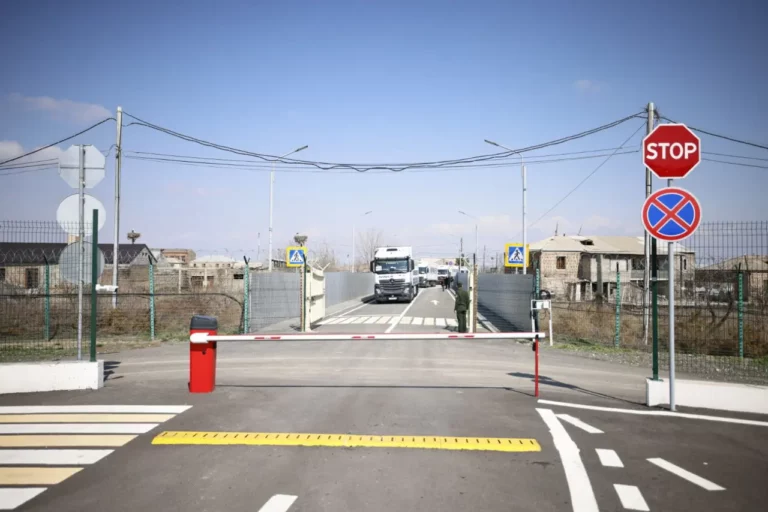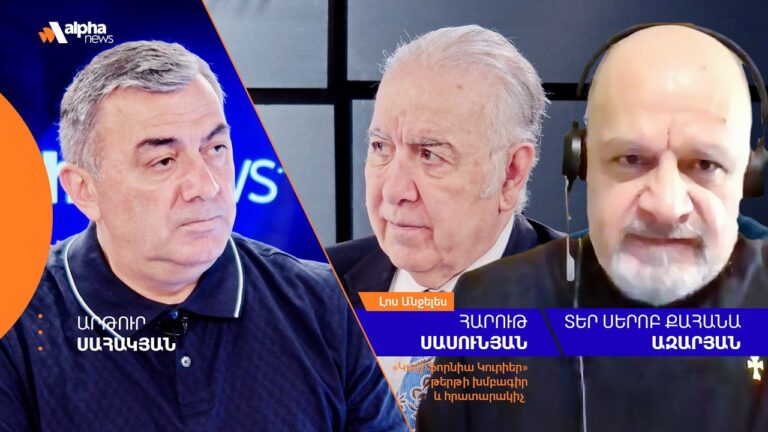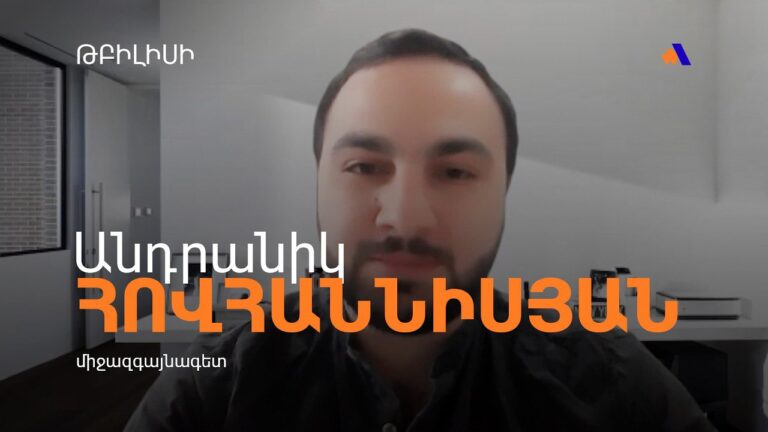Michael Wasiura: NATO has no leverage over the situation in the Caucasus region
Speaking with Alpha News, American journalist Michael Wasiura commented on the visit of NATO Secretary General Jens Stoltenberg to the Caucasus.
According to the expert, it is not very important for Moscow that the NATO Secretary General came to the Caucasus because NATO does not have leverage over the situation in the Caucasus region.
“Moscow can simply ignore the visit of NATO Secretary General Jens Stoltenberg to the Caucasus. The Kremlin has long understood that both Azerbaijan and Armenia have relations with NATO. Azerbaijan cooperates very closely with Turkey, a NATO member. So perhaps there will be some kind of statement from the official representative of Russia’s Foreign Ministry, Maria Zakharova, saying that it is terrible that the NATO Secretary General came to the area of Russia’s influence, but this will simply be words and nothing more. It is not very important for Moscow that the NATO Secretary General came to the Caucasus because NATO has no leverage over the situation in the Caucasus region. Stoltenberg can talk about energy supplies amid the war in Ukraine; it is clear that almost no one in Europe buys energy and resources from Russia due to sanctions.
Azerbaijan, however, has become a very important gas supplier for Europe, and therefore it is important to strengthen these relations as Europe is dependent on Azerbaijani gas. Stoltenberg certainly does not say or do anything that goes against Baku’s interests. NATO has no levers to influence the situation in the Caucasus. None of the Western countries are sending troops; even as peacekeepers, no one in Europe wants there to be, to put it bluntly, a second Afghanistan. I understand that the political situation in both Armenia and Azerbaijan is much more stable than what it was in Afghanistan, but still, sending European soldiers to a new region is not of anyone’s interest,” Wasiura said.
According to the expert, Stoltenberg is traveling as a representative of Europe and NATO, but neither Europe nor NATO are ready to intervene in the conflict.
As for why Stoltenberg’s visit to the Caucasus began from Baku, the expert suggested that maybe the NATO Secretary General wanted to hear first from Azerbaijani President Ilham Aliyev and then negotiate with Armenian Prime Minister Nikol Pashinyan based on the information from the Azerbaijani side, but the order of visits does not actually affect the situation in any way because NATO cannot influence the situation in the Caucasus.
According to the expert, the risk of a new escalation always exists because Armenia does not know how to defend its territory in the event of aggression from Azerbaijan.
“In the case of Artsakh, the situation was not entirely clear to the main world because the territory of Artsakh was officially the territory of Azerbaijan, so the world understood why Azerbaijan took this step, despite the fact that everyone noticed the violence and horror that the Azerbaijani soldiers committed in its operation, but, still, Azerbaijan had the opportunity to make the argument that officially this is their territory, so they have the right to do so. Azerbaijan’s further aggression will be completely different though.
Azerbaijan could theoretically attack the sovereign territory of Armenia, and if this happens, Europe has no leverage to punish Azerbaijan because Europe depends on its gas. I don’t see any signs of a war in the near future, but if Baku wants it, then it is capable of going further,” Wasiura concluded.







